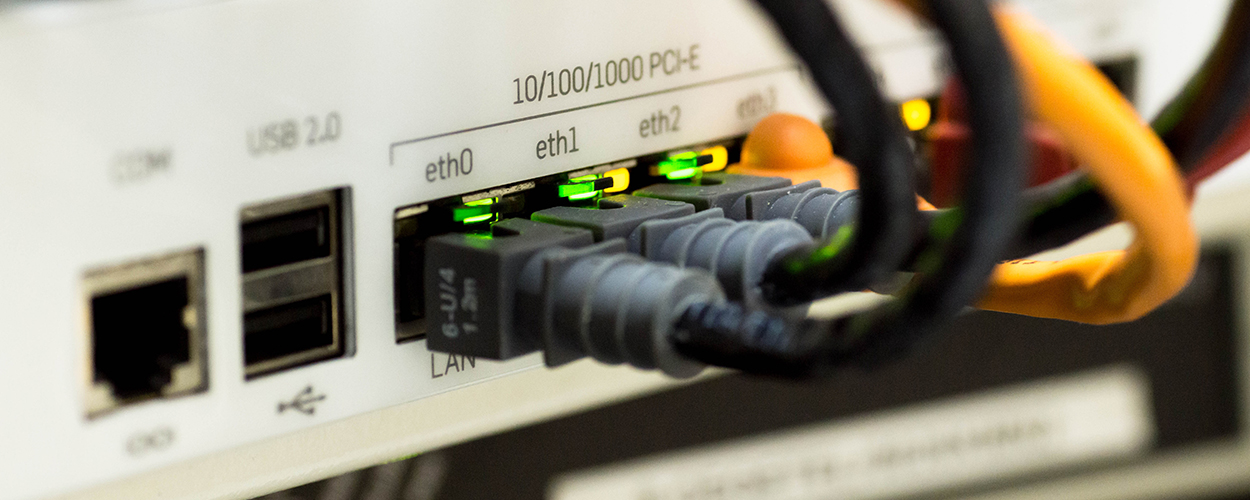This website uses cookies so that we can provide you with the best user experience possible. Cookie information is stored in your browser and performs functions such as recognising you when you return to our website and helping our team to understand which sections of the website you find most interesting and useful.
Business News Digital Legal
South African ISPs criticise web-blocking proposals
By Chris Cooke | Published on Monday 9 September 2019

Web-blocking is now such a common anti-piracy tactic in the UK you forget that when it was first proposed it was seen as controversial. But web-blocks usually cause some controversy whenever they are first discussed in any one country, and at the moment it is the Internet Service Providers’ Association Of South Africa that is dissing the approach.
With web-blocking, copyright owners can demand that ISPs block their users from accessing piracy websites. Quite how the blocks are instigated varies from country to country, but in the UK copyright owners must first get an injunction from the courts.
ISPs often hit out at web-blocking whenever it is first proposed, arguing that the system could be open to abuse – raising free speech concerns – and, anyway, web-blocks are easy to circumvent for anyone who is just a little bit web-savvy.
Copyright owners usually counter that, assuming some sort of judicial process is employed, there are protectors against any abuse of the system. Judges can ensure that only websites that primarily exist to facilitate widespread copyright infringement are targeted. And while it is true that the blockades can be easily by-passed, anything that makes accessing illegal sites more of a hassle makes using licensed content platforms more attractive.
In South Africa, the government is currently working on a new Cybercrimes Bill. And while that legislation doesn’t currently include a web-blocking system, some copyright owners reckon that it should. Which is why the country’s ISPA was last week talking to website MyBroadband about the possibility of web-blocking being introduced in South Africa.
A spokesperson said: “Blocking is technically complicated and subject to false positives, yet it is relatively trivial for consumers and content providers to bypass the blocks, bringing its effectiveness into question. There are also complex freedom of expression concerns which are not for ISPs or copyright associations to resolve and which need to be properly ventilated through the courts”.
While conceding that web-blocks might have a limited positive impact in the fight against online piracy, the ISPA said the tactic was a “blunt and limited” solution.
The spokesperson added: “It is not clear that there will be any significant benefit to copyright holder associations and their members from this approach and certainly no indication that any positive impact will outweigh the risks to freedom of expression and access to information … as well as the cost of implementation”.
It’s not entirely apparent how much appetite there is among South African lawmakers to include web-blocking in their new legislation. Although, in most countries, once web-blocking has been allowed, ISPs have generally stopped grumbling about it all and got on with implementing any blocks ordered by the courts.





